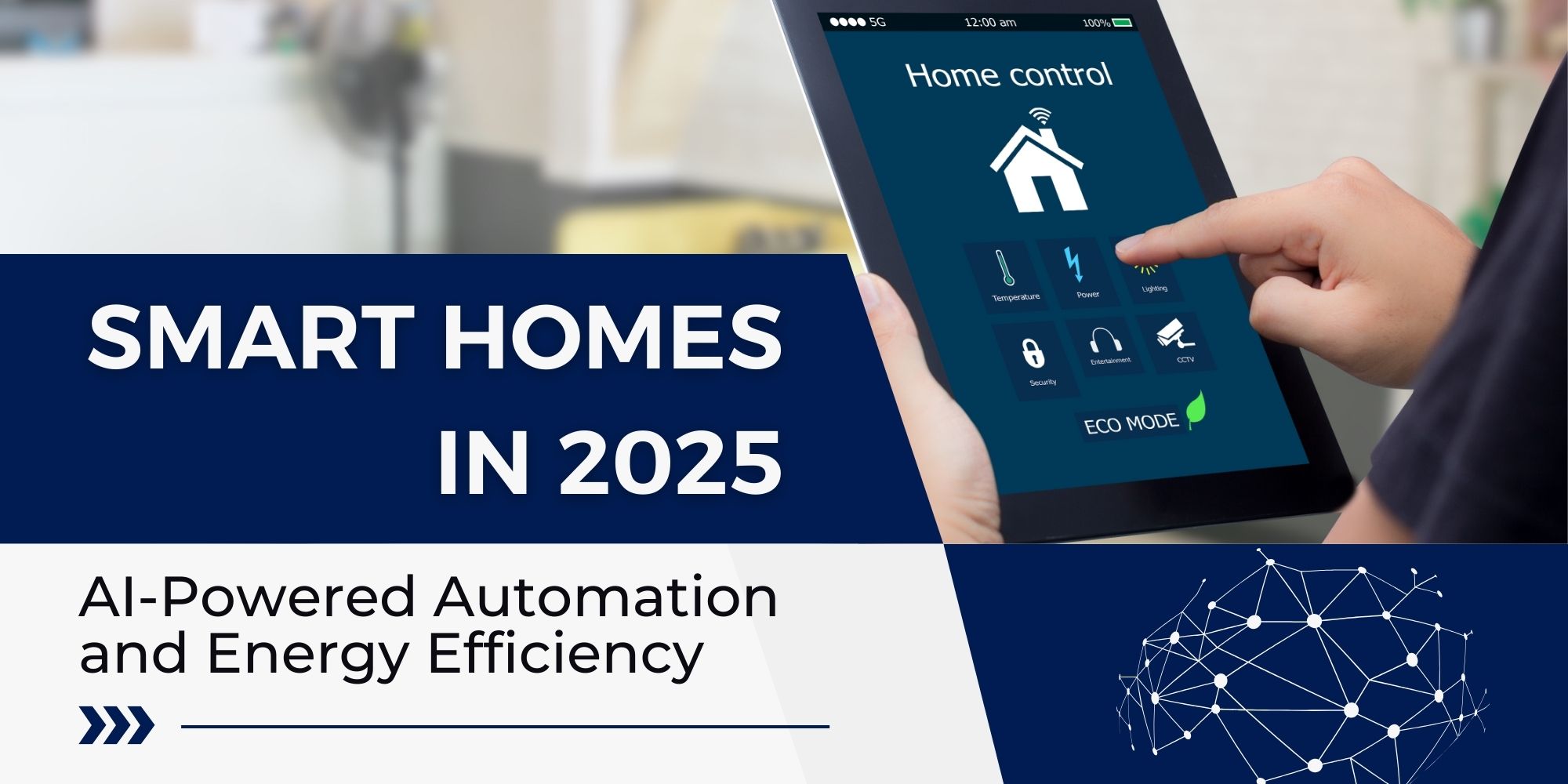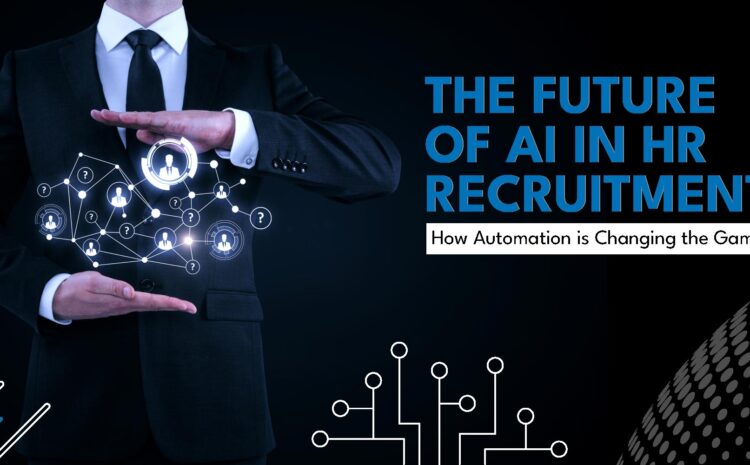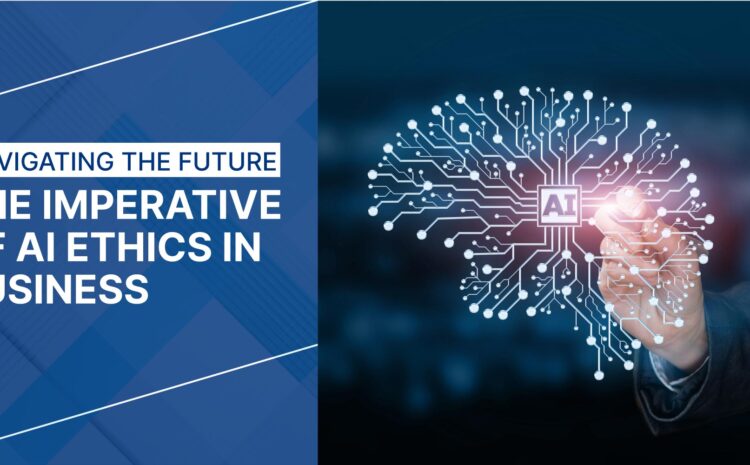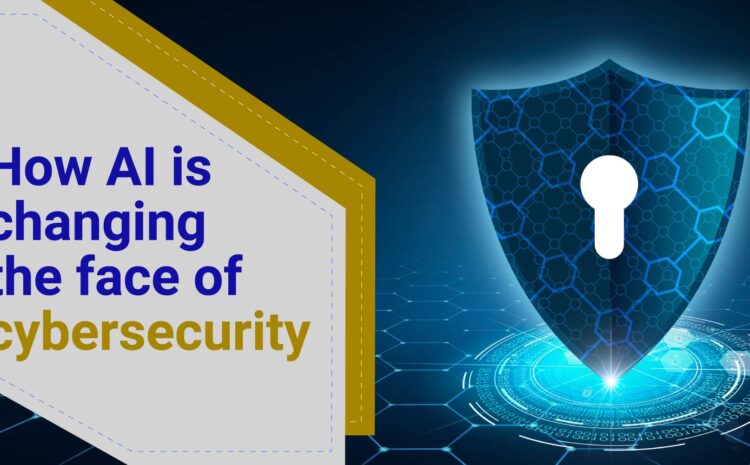Welcome back, everyone! Grab your favorite drink and settle in as we explore the exciting world of smart homes in 2025. Gone are the days when home automation was a luxury; today, it’s becoming an integral part of our daily lives. With advancements in AI and a growing emphasis on energy efficiency, our homes are not just getting smarter—they’re becoming more intuitive and sustainable. From intelligent lighting systems to AI-driven energy management, the future of living is here, and it’s more connected than ever.
If you’re short on time, check out the TL;DR at the end!
As we navigate through 2025, smart homes have evolved from futuristic concepts to integral components of modern living. The fusion of Artificial Intelligence (AI), the Internet of Things (IoT), and energy-efficient technologies has transformed residences into intelligent ecosystems that prioritize convenience, sustainability, and personalization.
AI-Powered Automation: The Brain Behind Smart Homes
Modern smart homes leverage AI to learn and adapt to inhabitants’ behaviors, preferences, and routines. This predictive capability allows homes to anticipate needs, such as adjusting lighting based on time of day or regulating temperatures in response to occupancy patterns. AI-driven virtual assistants, like Amazon’s Alexa or Google’s Assistant, have become central hubs, enabling voice-controlled management of various home functions.
Moreover, AI facilitates seamless integration across devices, ensuring that appliances, security systems, and entertainment units operate in harmony. This interconnectedness not only enhances user experience but also streamlines daily tasks, allowing homeowners to focus on more meaningful activities.
Energy Efficiency: Sustainable Living Through Smart Technology
Energy efficiency stands at the forefront of smart home advancements. AI-powered systems optimize energy consumption by analyzing usage patterns and making real-time adjustments. For instance, smart thermostats learn household schedules to minimize heating and cooling when spaces are unoccupied, leading to significant energy savings.
Additionally, smart lighting systems adjust brightness based on natural light availability, and appliances operate during off-peak hours to reduce energy costs. These intelligent adjustments contribute to lower utility bills and a reduced carbon footprint, aligning with global sustainability goals.
Salesforce’s Role in Enhancing Smart Home Experiences
Salesforce, renowned for its customer relationship management solutions, extends its capabilities into the smart home sector through platforms like Salesforce IoT Cloud and Einstein AI. These tools enable businesses to deliver personalized and proactive services to homeowners.
Use Cases
Predictive Maintenance: By analyzing data from connected home devices, Salesforce can predict potential malfunctions, allowing for timely maintenance and reducing downtime.
Personalized Customer Support: Salesforce’s AI can tailor support interactions based on individual user data, ensuring efficient and relevant assistance for smart home users.
Energy Consumption Insights: Integrating IoT data, Salesforce provides homeowners with detailed energy usage reports, promoting informed decisions to enhance efficiency.
These applications underscore Salesforce’s commitment to enriching the smart home ecosystem by fostering connectivity and user-centric services.
Real-World Applications: Smart Home Innovations in Action
Companies like Samsung have introduced AI-powered appliances that adapt to user habits, such as refrigerators suggesting recipes based on available ingredients or washing machines optimizing cycles for energy conservation.
Similarly, energy management systems like EcoFlow’s Oasis utilize AI to monitor and adjust energy usage dynamically, ensuring optimal performance and sustainability.
These innovations exemplify the practical benefits of integrating AI and IoT in residential settings, enhancing comfort while promoting environmental responsibility.
The Future Outlook: Smart Homes as Standard Living
As technology continues to advance, smart homes are poised to become the standard rather than the exception. The ongoing development of AI and IoT will further refine home automation, making it more accessible and intuitive.
Future trends may include deeper integration with renewable energy sources, advanced health monitoring systems, and even more personalized living experiences. The emphasis will remain on creating homes that are not only intelligent but also responsive to the evolving needs of their inhabitants.
The convergence of AI-powered automation and energy efficiency is redefining the concept of home. In 2025, smart homes represent a harmonious blend of technology and sustainability, offering enhanced living experiences while contributing to global environmental efforts. As platforms like Salesforce continue to innovate, the potential for smarter, more connected homes becomes increasingly attainable, heralding a new era of residential living.
TL;DR: In 2025, smart homes powered by AI and IoT are revolutionizing daily living by integrating automation and energy efficiency. These homes anticipate needs, optimize energy use, and enhance sustainability. With AI-driven appliances and systems, energy costs are reduced, and homes become more intuitive. Salesforce also supports this evolution with smart services, offering predictive maintenance and personalized support.
Hope you enjoyed this post! While you’re here, why not check out a few of our other pieces? We have several blog posts on Cloud Technologies, Salesforce CRM, AI, Salesforce CPQ, Zoho, Bitcoin, Cybersecurity, AWS, and many other topics we just know you’ll love. Find them here.




